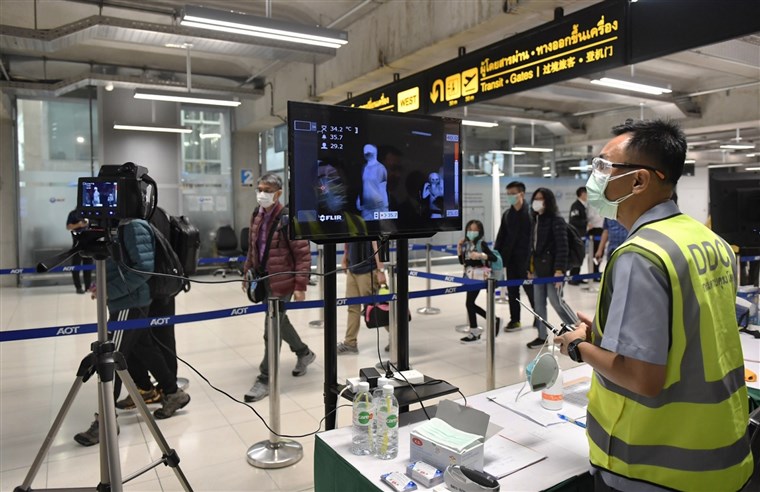As the world begins to reopen, many have been instituting employee and/or guest temperature checks – as in, if you have a fever (one of many COVID-19 symptoms), you’ll be asked to go home. Some experts say the practice doesn’t work as intended.

According to NBC News, virus surveillance experts say that thermal imaging is an imprecise method for scanning crowds and doesn’t measure inner-body temperature. Plus, even if it did work, many people who’ve tested positive for coronavirus have been asymptomatic, meaning temperature checks wouldn’t have stopped them at the door of an FEC, for example.
Yet the market is booming for companies jumping at the chance to sell thermal imaging devices as privacy concerns abound.
One manufacturer, Remark Holdings, recently pitched its fever surveillance system to the Las Vegas Police Department. Its CEO, Sing Tao, said that with their technology, the user would be able to point the camera at a large crowd and “be able to identify who they are, match them with a virtual ID and capture their temperature.” The company has been testing its tech for the past two years and claims the facial recognition aspect works even if the target is wearing a mask.



